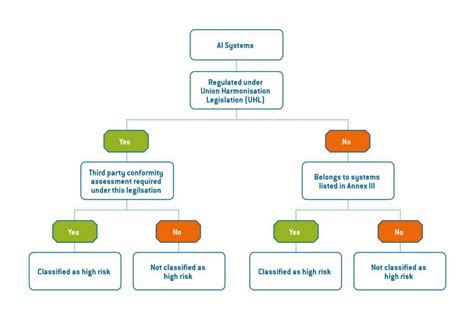Systemic Risk in Decentralized Finance: Understanding the Threats and Mitigating Measures
The rise of decentralized finance (DeFi) has revolutionized the way people manage their finances, but it also brings with it significant risks. One of the most pressing concerns is systemic risk, which can have far-reaching consequences if left unchecked.
What is Systemic Risk?
Systemic risk refers to the potential for a financial system-wide collapse, caused by a combination of factors such as market failures, regulatory weaknesses, or complex interactions between different components of the system. In the context of DeFi, systemic risk arises from the concentration of value on specific assets, such as cryptocurrencies, and the lack of oversight and regulation.
The Risks in Decentralized Finance
- Liquidity Crisis: A sudden loss of confidence in a particular asset or DeFi platform can lead to a liquidity crisis, where investors rush to withdraw their funds at once, causing prices to plummet and potentially triggering a cascade of withdrawals.
- Contagion Risk: The spread of instability from one asset to another can create a self-reinforcing cycle, leading to a systemic risk that is difficult to control.
- Regulatory Uncertainty

: Changes in regulatory policies or the lack of clear guidelines can create uncertainty and instability in DeFi markets.
- Market Manipulation: Sophisticated actors may attempt to manipulate price movements by spreading false information or creating artificial market conditions.
The Role of Cryptocurrencies
Cryptocurrencies, such as Bitcoin and Ethereum, have become a focal point for many DeFi applications due to their decentralized nature and lack of government control. However, this also increases the risk of systemic instability:
- Volatility: The price movements of cryptocurrencies can be highly volatile, making them vulnerable to sudden changes in investor sentiment.
- Regulatory Uncertainty: Governments may not always provide clear guidelines or regulations for cryptocurrency use, leading to uncertainty and potential market volatility.
Mitigating Measures
To mitigate systemic risk in DeFi, it is essential to adopt a layered approach:
- Diversification: Spread investments across different asset classes, such as traditional securities, cryptocurrencies, and stablecoins, to reduce concentration risk.
- Regulatory Compliance: Ensure that DeFi platforms comply with relevant regulations and guidelines, particularly those related to securities and commodities.
- Liquidity Management: Implement effective liquidity management strategies, such as layering, hedging, and market making, to mitigate the impact of liquidity crises.
- Stress Testing: Regularly conduct stress tests on DeFi platforms to identify vulnerabilities and develop mitigation strategies.
Conclusion
Systemic risk is a significant concern in decentralized finance, particularly with regards to cryptocurrencies. By understanding the risks and adopting mitigating measures, investors can reduce their exposure to potential instability and ensure that their assets are protected.
As the DeFi ecosystem continues to grow and evolve, it is essential for regulators and market participants to work together to develop clear guidelines and regulations that address systemic risk. Only by taking a layered approach to managing these risks can we create a more resilient and sustainable DeFi environment.
Recommendations
- Educate Investors: Provide investors with accurate information about the risks associated with cryptocurrency investing.
- Regulatory Guidance: Develop clear guidelines for DeFi platforms, including requirements for regulatory compliance and liquidity management.
3.
